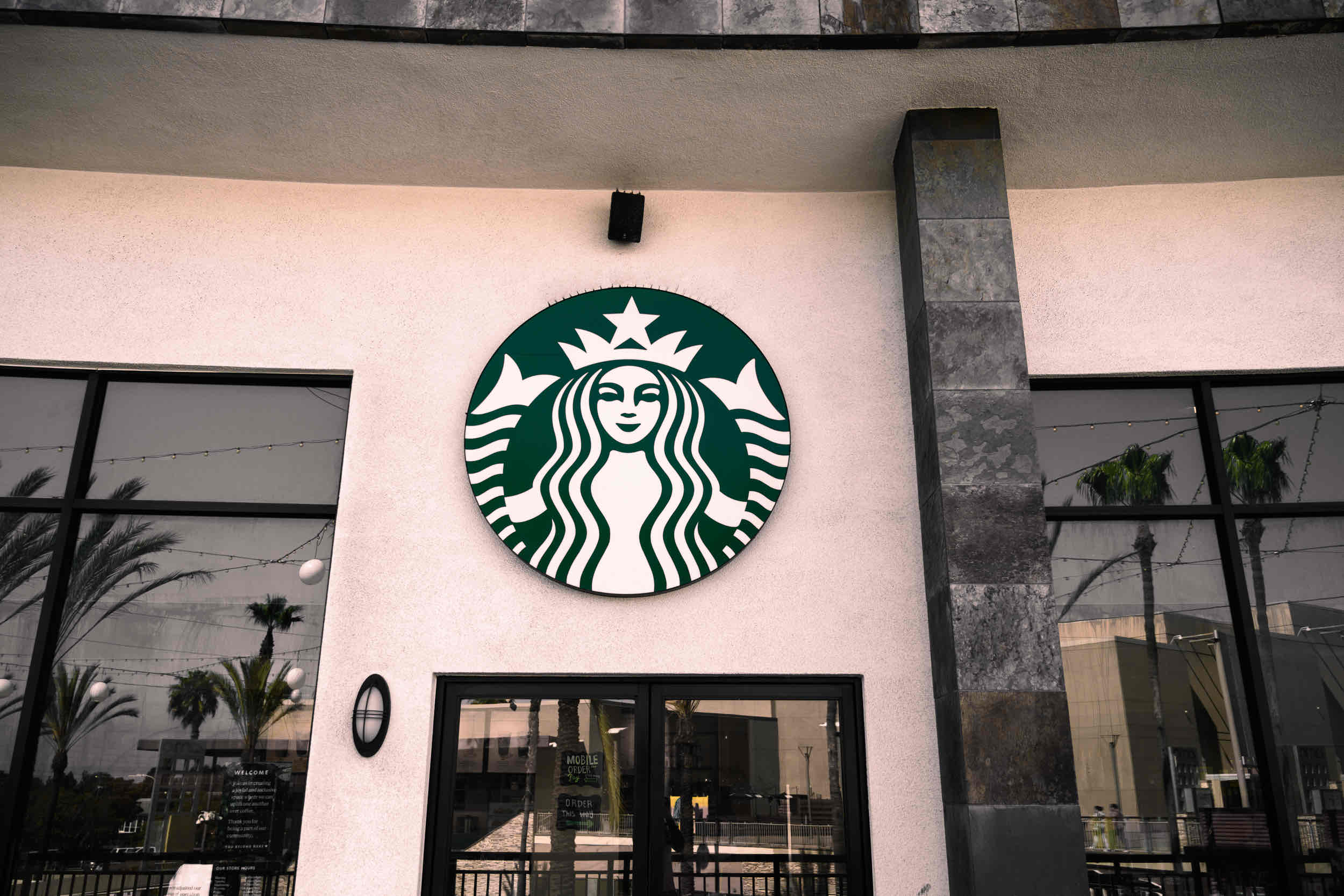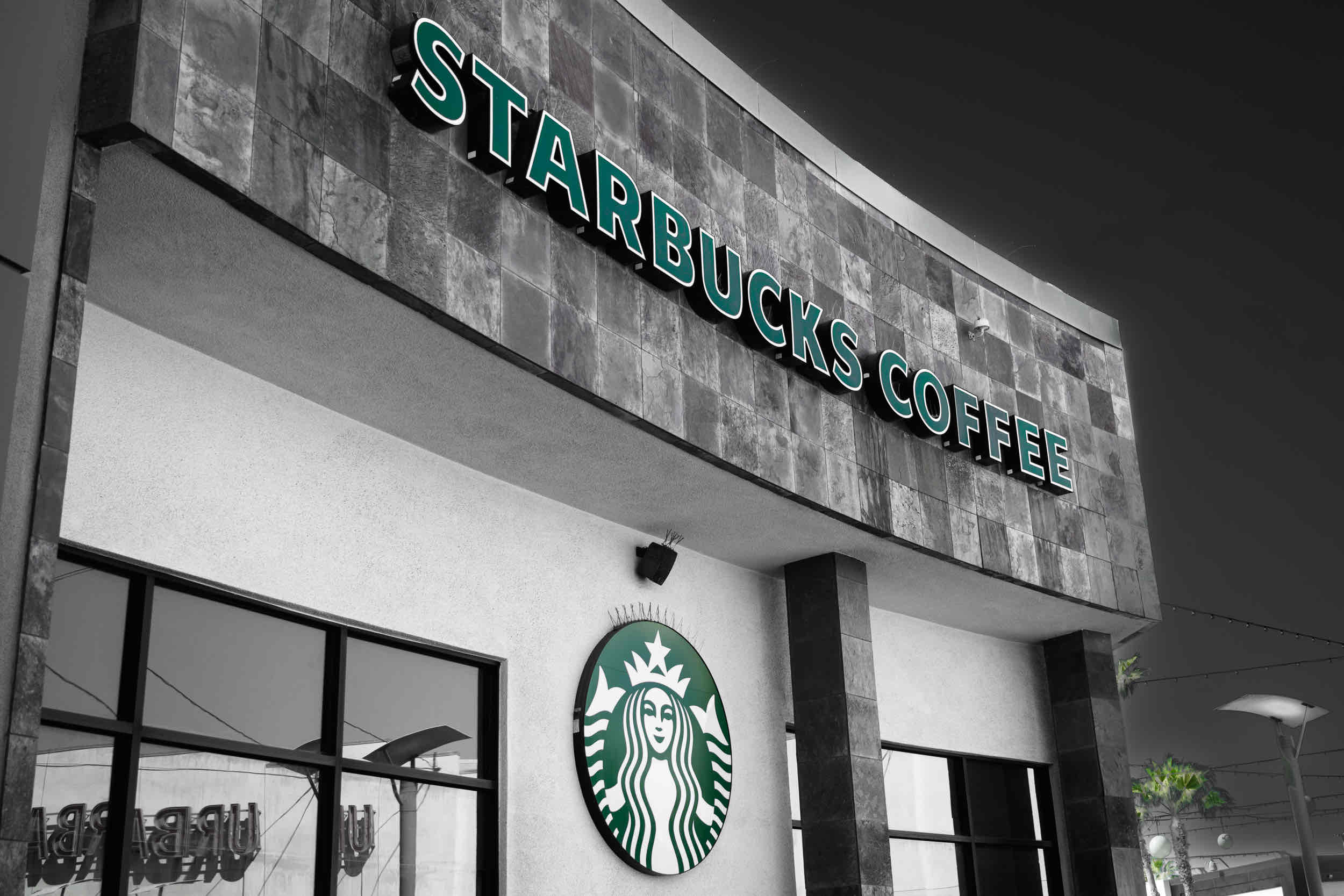On Tuesday, February 20th, Starbucks Workers United organized 21 more Starbucks locations in a single day. On Thursday, students at 25 major universities demonstrated in solidarity with the union. They pushed administrators to either stop sales of the company’s products on campus or speak out publicly against Starbucks. Will the push for unionization spread to smaller chains and independent shops?
Starbucks Chose to Fight
Starbucks has been pushing aggressively against unionization for years. The company says that it wants a “direct relationship” with workers.
The National Labor Relations Board (NLRB) is a federal agency with the mission of protecting the right of private employees to organize in order to improve their wages and working conditions. The NLRB records show that as of Feb 9th, 482 stores had filed for union elections, and the union had secured victory in 386 locations, or 84% of the 459 elections.
Starbucks has recently begun using an argument developed by SpaceX that the NLRB, an agency which has existed since 1935, wields quasi-judicial and quasi-legislative authority in violation of the Constitution’s separation of powers between different branches of government. Starbucks has started using that argument that the NLRB is unconstitutional as a an affirmative defense in unfair labor practice cases brought before the board… 1.
Generally, Starbucks’ responses to union organizing efforts have led to multiple defeats and bad press. The most recent strategic failure was their decision to sue Workers United over pro-Palestinian social media posts made by union members.
Starbucks sued the union after some of its members expressed solidarity with Palestine. Workers United then sued Starbucks, saying the company defamed the union by claiming its members supported terrorism.
The Boycotts
The dispute between the union and Starbucks over the latest Israel-Hamas war led to calls from U.S. consumers to boycott the brand, both on social media and in demonstrations. Demonstrators and boycott activists have accused the company of supporting “genocide,” in an apparent reference to the severity of Israel’s campaign in Gaza, which has killed tens of thousands of people. 2.
The student boycotts specifically at Georgetown University, are targeting investments in Starbucks stock, of which the university owns about $5 million worth.
Tough Tactics
Starbucks’ strategies to prevent union activity have turned into a public relations nightmare. The company has not only sued the worker’s organization but also engaged in aggressive union-busting practices, including firing workers with the union, workplace surveillance, and transferring workers to dilute the union electoral pool at unionizing locations.
Ella Clark tried to organize workers at her store and had her promotion rescinded when the company found out. Later the NLRB found the company had violated federal labor law by this action.
“We got over 70% of our store to sign union cards at the beginning,” Clark said. “Due to Starbucks’ intense, aggressive union-busting campaign, we lost those votes throughout the period between when we filed and when we voted.” Clark said the union lost by 1 ballot. 3.
Hurting the Bottom Line
Starbucks traffic has been reduced since they filed the lawsuit against the union in relation to Palestinian protests. Traffic has weakened from occasional customers, though loyal customers seem unaffected. The company has invested heavily in the anti-union effort.
According to Starbucks’ 2023 global impact report, the company pays its workers an average of $17.42 an hour. If the SOC’s estimates are accurate, Starbucks’ expenditures fighting the campaign are equivalent in cost to about 13,777,267 labor hours, or 1,450 hours of work (more than $25,000 in wages) for every one of the approximately 9,500 Starbucks workers the NLRB says are represented by Workers United.3.
Will all of this unionizing affect smaller chains and independent shops? At the moment, it appears unionizing efforts are concentrated on the behemoth in the industry. For now, the takeaway is, don’t do like Starbucks. They’ve already lost the public relations part of the battle, and more of their stores continue to unionize.



Recent Comments